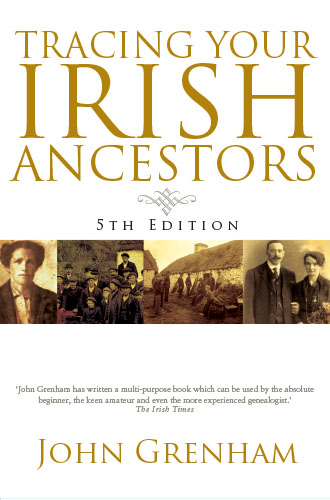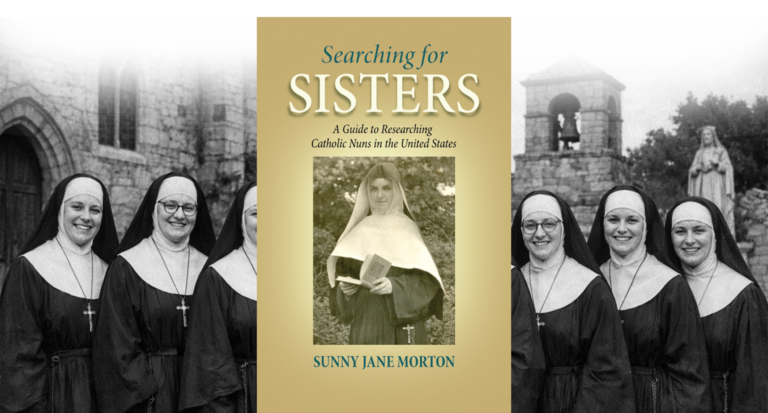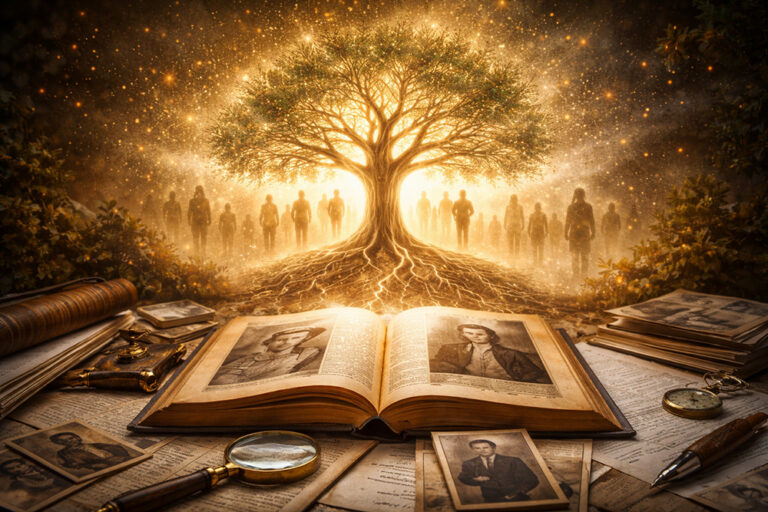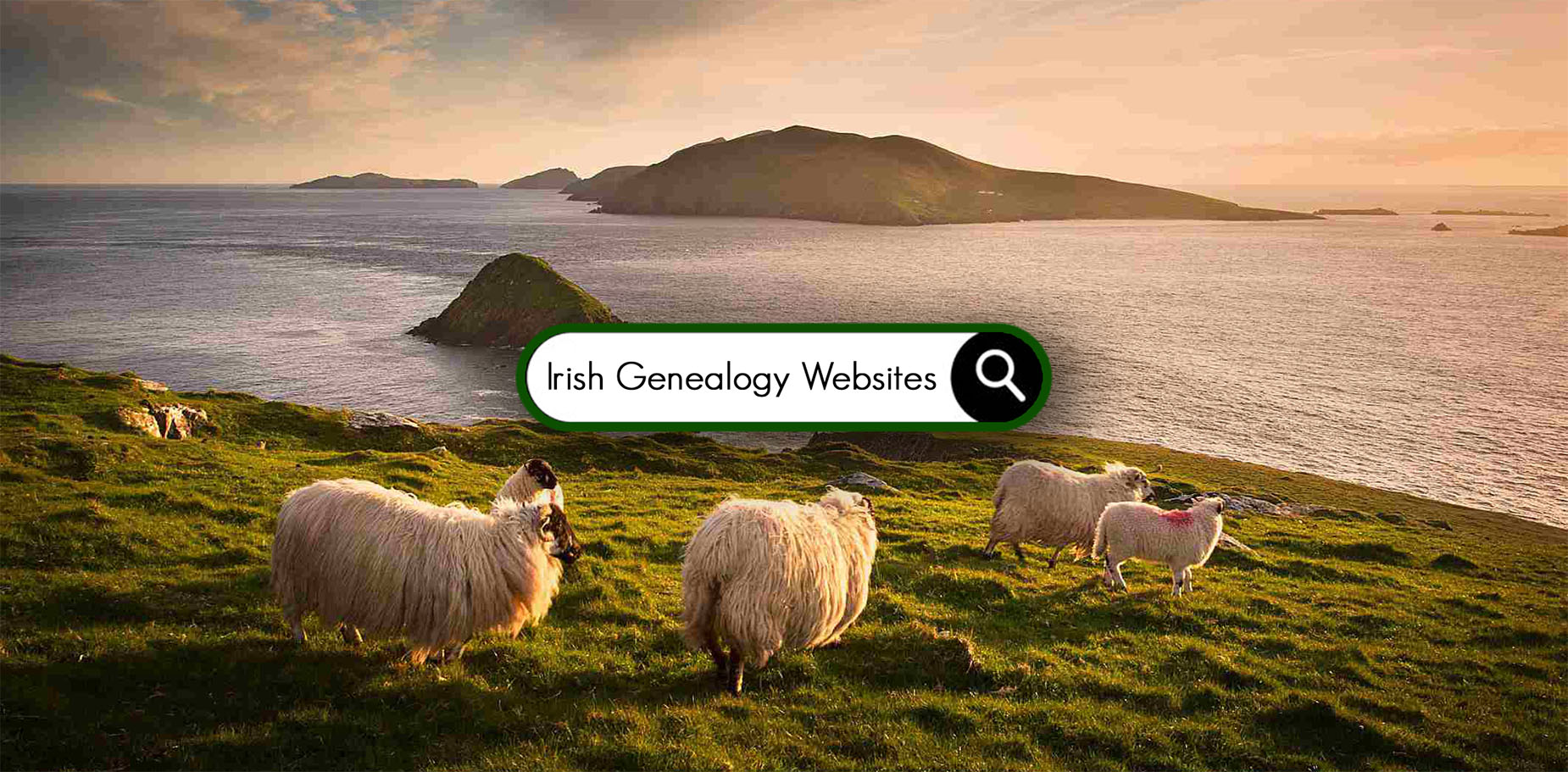
Major Irish Genealogy Sites Online from Tracing Your Irish Ancestors. 5th Edition, by John Grenham
As we have noted previously, the most important development in Irish genealogy since Mr. John Grenham published the fourth edition of his textbook has been the enormous strides in posting Irish family content on the Internet. This fact has guided the author in his preparation of the 5th edition of Tracing Your Irish Ancestors, available from Genealogical.com in an exclusive hardcover edition. The following excerpt from the 5th edition identifies a number of the major Irish genealogy web sites that are chockful of useful information awaiting the researcher:
The site is run by the Department of Arts, Heritage, Regional, Rural and Gaeltacht Affairs. It is completely free. It has two main sections, church records and civil records. Its church records are:
Roman Catholic baptism, marriage and burial registers
- Diocese of Kerry (transcripts only, to 1900);
- Diocese of Cork and Ross (transcripts and images from NLI microfilm, to 1880, missing some Cork city);
- Dublin city (some transcript-only, some transcripts and images, to various dates);
Church of Ireland baptism, marriage and burial registers
- Co. Kerry (transcripts and images to 1900)
- Co. Carlow (transcripts and images to 1900)
- Dublin city (transcripts and images to 1900)
Its civil records are:
- Indexes of births (1864 -1916), marriages (1845 – 1941), deaths (1864 – 1966);
- Record images linked to the index entries for births (1864 – 1916) , marriages (1870- 1941), deaths (1878 – 1966).
Images of the early marriage and death records are due to be added soon. Later records will also be added to the site to ensure the availability of birth records over 100 years old, marriages over seventy-five years old and deaths over fifty years old
The site uses surname and forename variants by default and some of these are incomplete. The treatment of ‘O’ and ‘Mc’ surnames in civil records is particularly suspect after 1900. Wildcards are allowed and should be used in cases where results are not what was expected. The site’s ‘More search options’ page provides a particularly strong range of search parameters. Experiment with it.
The NAI genealogy site, at genealogy.nationalarchives.ie, holds eleven separate record series free to search. Not all are equally useful or equally well digitised:
- Census (1901, 1911 and nineteenth-century fragments – see Chapter 2)
- Census Search Forms (1841, 1851 – see Chapter 2)
- Tithe Applotment Books, 1823 – 37 (see Chapter 4)
- Soldiers’ Wills 1914 – 1918. Pre-printed will forms completed by enlisted and non-commissioned soldiers. Despite the title, the collection includes men who served in the South African war of 1899-1902, 9,000 wills are on the site.
- Calendars of Wills and Administrations, 1858 – 1922 (see Chapter 6). Online only to 1917, despite the title.
- Prerogative and diocesan copies of some wills and indexes to others, 1596 – 1858. Easier to search on FindMyPast.
- Diocesan and Prerogative Marriage Licence Bonds Indexes, 1623 – 1866. Useful for the restricted group they apply to, propertied Anglicans.
- Catholic qualification and convert rolls, 1700 – 1845 (see Chapter 2, ‘Census Substitutes, eighteenth and nineteenth centuries’)
- Valuation Office house, field, tenure and quarto books 1824 – 1856. (see Chapter 4, ‘ Pre-publication Valuation Office records’)
- Shipping agreements and crew lists, 1863 – 1921. The crew of every arrival in an Irish port over these years.
- Will Registers 1858 – 1900 (see Chapter 6). Note the online cut-off of 1900. There are undigitised surviving hard-copy registers in NAI after that year.
“All the aforementioned series depend on LDS microfilm and reproduce any of the microfilms’ weaknesses. For instance, civil parishes alphabetically between ‘Drung’ and ‘Duncormick’ were missed by the Tithe Books microfilm project and so are not on the NAI site. Some collections show signs of haste, the Diocesan Wills collection in particular, and the lack of a ‘Browse’ feature is a serious obstacle for some of the series added in 2016. But on the whole the site is excellent, allowing wild-cards in almost all fields, and providing flexible and dependable research options.”
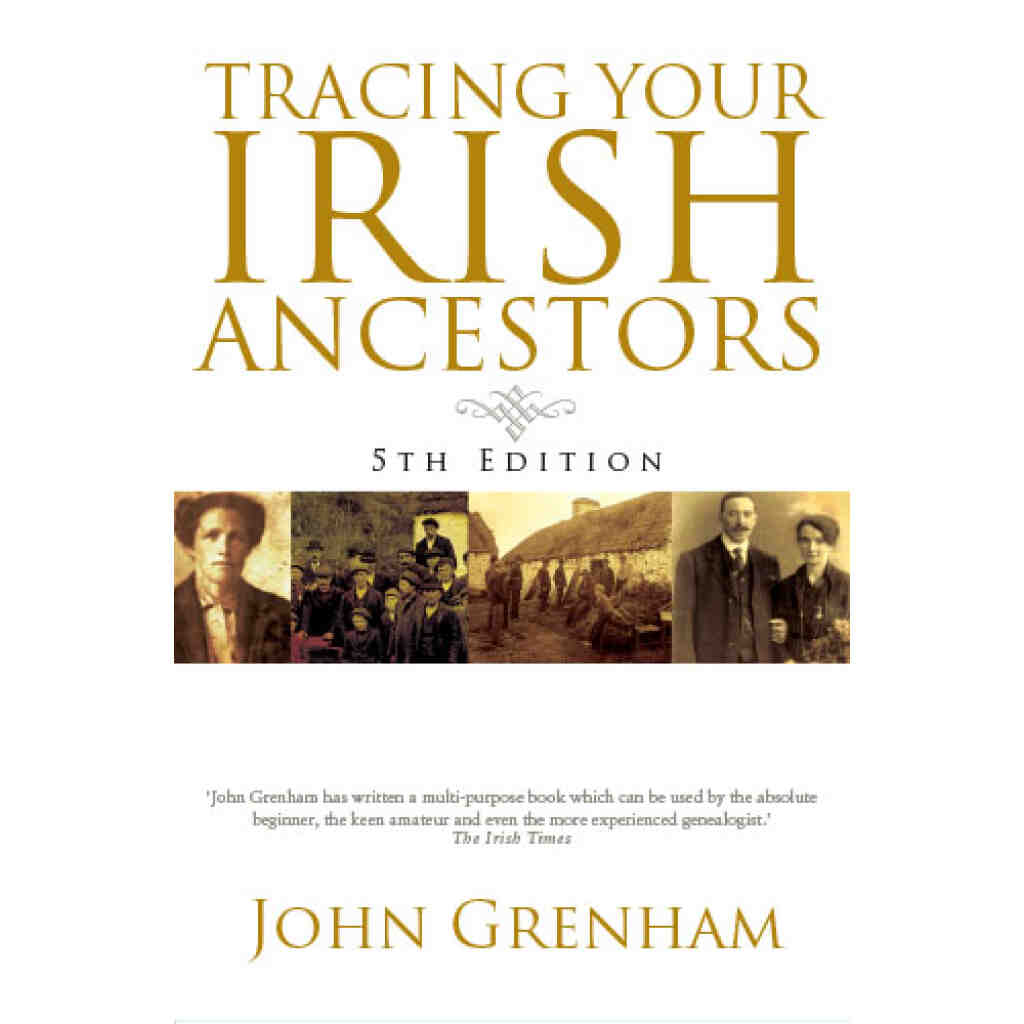
Tracing Your Irish Ancestors. 5th Edition in Hardcover
Tracing Your Irish Ancestors is the definitive Irish genealogy book. In this fully updated, hardback edition by leading genealogist John Grenham, discover how to trace your Irish ancestry.
Mr. Grenham’s work c…

